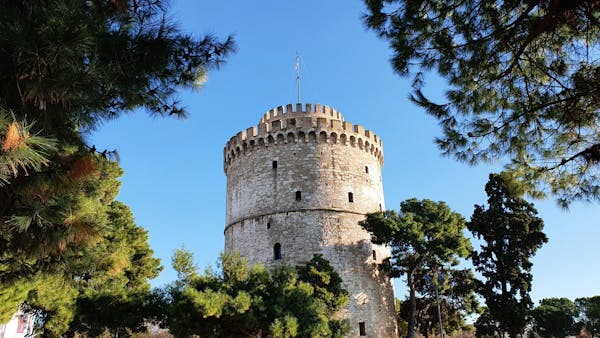Antioch was a bustling metropolis in Roman Syria during the first century A.D. known as a nexus of trade between the populous regions of Persia, Europe, Babylon, and India. It was a fairly large city, boasting a population of half a million people and an alluring hotbed of dissipation and vice, a trademark of all major Roman cities. Moral license was built into Roman religion and further propagated by the wealth and affluence that many of the large Roman trading cities enjoyed.
In the midst of this urbane and epicurean metropolis Christianity dared to raise its head. In the aftermath of Stephen’s martyrdom, many Christians fled Jerusalem. Persecution was rife throughout Judea forcing these new Jesus-followers as far afield as Phoenicia, Cyprus, and Antioch. As they traveled they took the good news of Jesus with them raising up small congregations of new believers wherever they went.
The little church in Antioch soon grew to incorporate not only Jewish Christians but greeks as well. This was a new phenomenon; this cohabitation of Jews and Greeks within the same spiritual body. But it was a phenomenon that God had ordained and while it did create a unique set of challenges it shattered racial divides, setting the stage for the multicultural expansion of the church.

